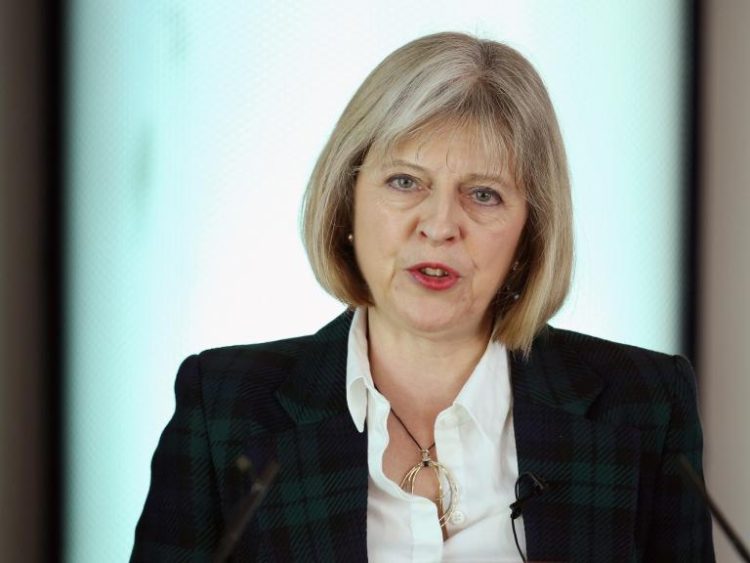By James Simons-
Theresa May has attacked public services for treating people differently on the basis of their race.
The prime minister’s rebuke comes in the wake of a new government website showing disparities in educational attainment, health, employment and treatment by police and courts between ethnicities.
May said institutions must “explain or change” any variations – but critics are demanding action from ministers.
The figures included in data from across departments suggest that black Caribbean pupils are being permanently excluded from school three times more often as White British pupils.
The data also stated that at the second stage of primary school (key stage two), 71% of Chinese primary school pupils meet the expected standard for reading, writing and maths, compared with 54% of White British pupils and 13% of White Gypsy and Roma pupils. The suggestion here that unequal race treatment is responsible for the failure of gypsy primary pupils will astound many critics. Gypsy people are generally nomadic, and that instability is likely to affect the education chances of gypsy children. Their lack of stability and the fact that gypsy parents are generally uneducated is likely to have a negatyive impact of the rate at which gypsy children learn and develop academically.
Alot has been said in the eye of media.com about the generally weak level of primary school education in public schools where the standard of teaching is generally not up to scratch. Most primary school children who develop well according to their age receive extra support from their parents or private tutors. Chinese pupils for instance, come from backgrounds that promote a high work ethic. Their parents are usually educated and encourage the hardwork of their children.
According to the data, Indian, Pakistani and white people, are more likely to own their own home compared with black people and those from Bangladesh. This fact is most likely related to the next fact revealed by the data that unemployment for black, Asian and minority ethnic people is nearly double that of white Britons. Asians are often business orientated, and united in their business endeavors. They stick together, almost to the exclusion of other races, which may itself be seen as racism, or a reaction to perceived racism from white elites.
The data also says that over half of White adults ate five portions of fruit and vegetables a day in 2015, compared with just over a third of Black adults who got their 5-a-day. The suggestion here is that more black people are not financially well off enough to eat healthily enough. The other side to that coin may well be that more black people are just not that bothered about healthy eating – a possible reality that may have no bearing on racism at all.
However, the impact of economic deprivation can have other subconscious effects that affect even healthy living.
“People who have lived with discrimination don’t need a government audit to make them aware of the scale of the challenge,” Mrs May said.
“This audit means that for society as a whole – for government, for our public services – there is nowhere to hide.” Theresa May’s decision to challenge racism is positive, but the prime minister did not provide any blueprint for addressing the problem. Addressing the problem will require first and furmost, catching employers in the act of discrimination where they turn down black people with the same credentials as their white counterparts, and then tacking the discrimintory practise head on by exposing them and insisting on corrective action.
In the area of school expulsion for black students being three times more than whites, we will need specific instances of a numbe rof those expulsions and find white students who behaved similarly who were not expelled. Schools that expel students for frivolus reasons, or reasons that do not justify such treatment, should be heavily criticised, and perharps fined too.




